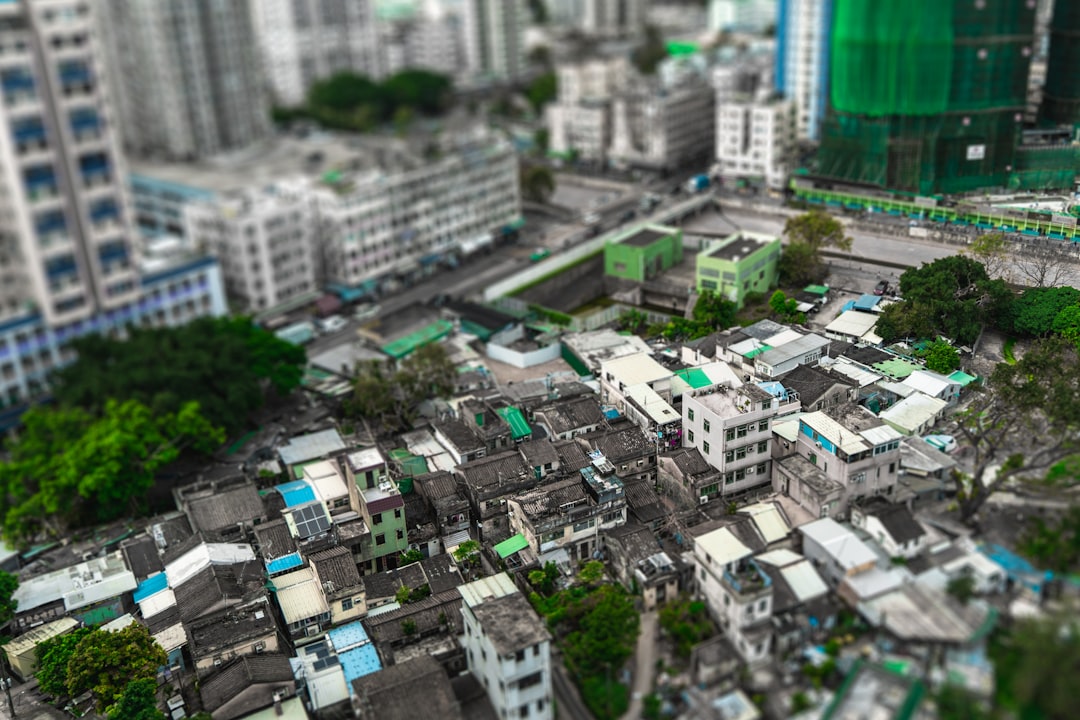What is it about?
This article investigates the short- and long-run effects of political regimes on economic development in Nigeria between 1984 and 2015. It looks at the effects of the conflict and corruption on economic development indicators and examines the interactive effect of political regime types and corruption as well as conflict on economic development. Democracy in the long run yields higher economic development when it is devoid of conflict and corruption, while autocracy hinders economic development. In the short run however, more autocracy fosters economic development in Nigeria while democracy hinders it. corruption portends grave threat to the development of Nigeria’s economy as it reduces development in the long run.
Featured Image

Photo by Tobi Oluremi on Unsplash
Why is it important?
Nigeria has had its share of democratic and autocratic regimes, still the country is still underdeveloped. Poor economic growth, unemployment, high inflation, low valued currency, high illiteracy, and poor infrastructure, are some of the things prevalent in Nigeria. The question of which political regime is good for Nigeria arises. Furthermore, conflict and corruption is prevalent in the country, which may also undermine the effectiveness of political regimes. My findings shows that democracy bewitched with corruption and conflict is will undermine economic development both in the long- and short-run.
Perspectives
This article is a conscientious effort to unravel the mystery of Nigeria's underdevelopment. I hope you find this article thought-provoking.
Dr Olalekan Charles Okunlola
Institute for Peace and Conflict Resolution, Abuja, Nigeria
Read the Original
This page is a summary of: Political Regime Types and Economic Development in Nigeria: Significance of Conflict and Corruption, Journal of Interdisciplinary Economics, May 2018, SAGE Publications,
DOI: 10.1177/0260107918769539.
You can read the full text:
Contributors
The following have contributed to this page










